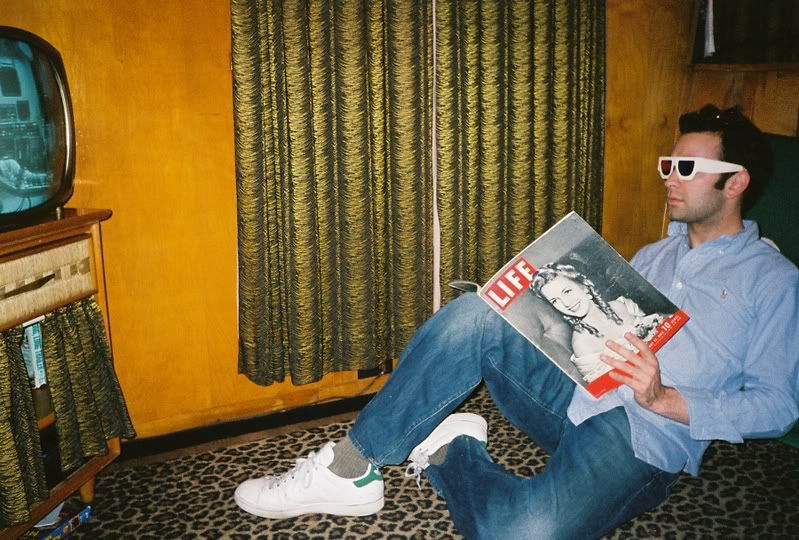
In this new column, Feeding the Need to Read, I will give a brief review on books that I have read shortly after finishing them. I will give them a rating from 1 to 5 based on the the "Feed Need" scale. I used to keep a log of such on every book I read but I have not been doing that for some time so as a way to do it again, I will post the finished books here. There is no particular reason to start with John Gregory Dunne's The Studio, it is just time.
John Gregory Dunne is an author I have been interested in ever since I heard great things about his book True Confessions, which is based loosely on the Black Dahlia case, a subject I have been interested in since reading James Ellroy's brilliant book The Black Dahlia in 8th grade (Which off the subject was a horrible fucking travesty of a movie which was not only convoluted as all hell, but poorly acted, and just plain awful. A huge disappointment as I was looking forward to that adaptation ever since David Fincher was attached to write and direct it. The Black Dahlia was to be his follow up to Fight Club (which would have been a hell of a lot more exciting than Panic Room - ick). Fincher's adaptation was a planned 3 hour film that would have been shot entirely in black and white, he was never able to get the script below a 250 page draft so he dropped the project and explored the exact same themes in Zodiac which I thought was a nice All the President's Men type movie and explored obsession at least 1000 times better than De Palma's follow up to Mission to Mars and Femme Fatale (shaking head)) True Confessions was also made into a film with Robert Duvall and Robert DeNiro which I will see once I end up reading that book.
The Studio is a rare, in depth, if not mild, look at the inner workings of the Daryl Zanuck run 20th Century Fox during the late 60s. The book highlights many aspects of what it takes to make a big Hollywood blockbuster, during an era in which the big budget studio pictures were heading out and the introspective era of the maverick directors was on its way in. The main focus of the book is on the conception and premiere of Dr. Dolittle, as well as the productions of Planet of the Apes, Star!, The Boston Strangler, and various Fox television pilots and shows.
As someone who is interested in the subverting the current studio system, the book was not only helpful in understanding what it takes to work within a studio, but I found it humbling as well. What the book lacks is anything interesting outside the operatic workings of the system. Dunne shows the industry in the way that US Weekly readers don't see it, work - monotonous, laborious, grueling work. More of a piece of reportage than an expose, the book, although as far as I know was and is the only time someone has been given the free reign and liberties that Dunne was given, if feel like Dunne does as much as he can with material he had to work with. The book just ends up being just as mild and operatic as the work that goes into the films. The most juicy tidbit in the whole thing was how a girl stole a plate from a restaurant and then... it was put on the tab... ahhhh! Those crazy Hollywood types.
One thing I found very interesting, that the book only briefly mentioned is how heavily the studio campaigned for Dr. Dolittle for the Academy Awards with champagne and lavish food buffets. Despite being a box office and critical failure the film was nominated for 9 Academy Awards including Best Picture, must have been a lovely buffet. This sheds some light on why so many average films get nominated, or even win, crash, cough.
Although well written and breeze to read Dunne sums it up best in his forward to the book in which he states that "The Studio is not half bad." Not the most exciting of reviews was it?
3 out of 5 Feed Needs

